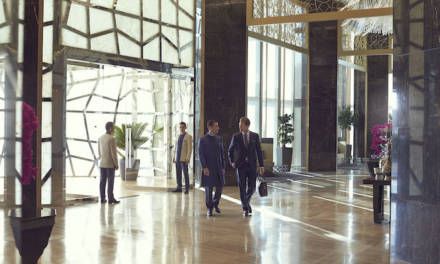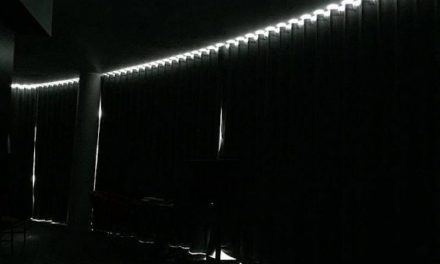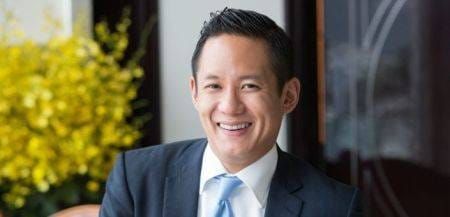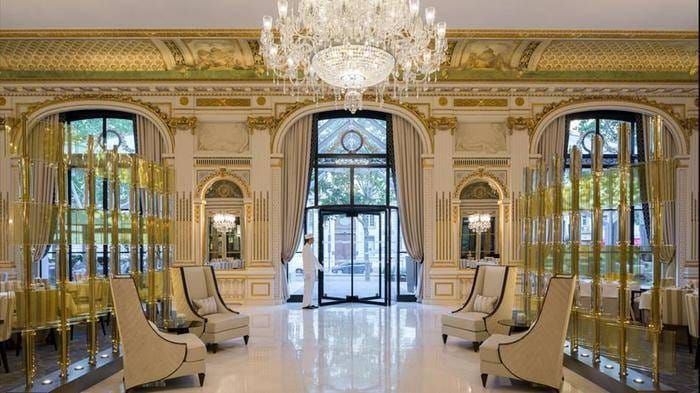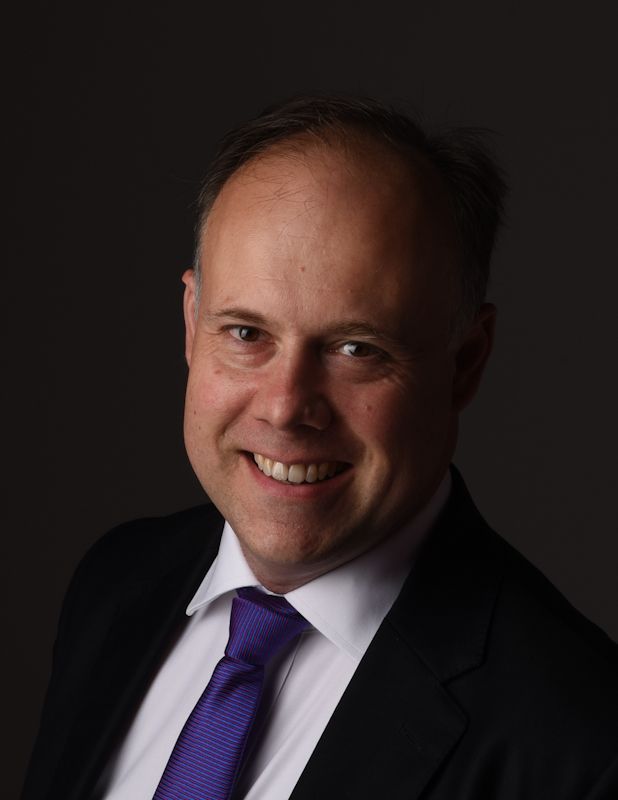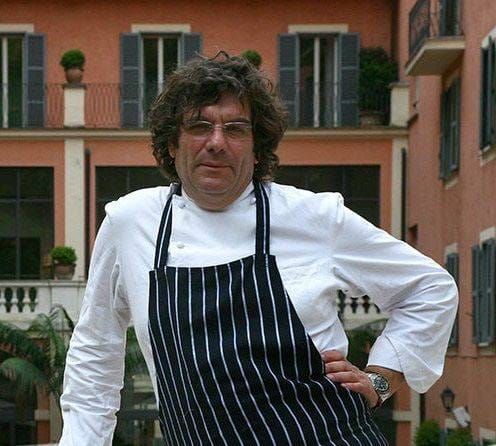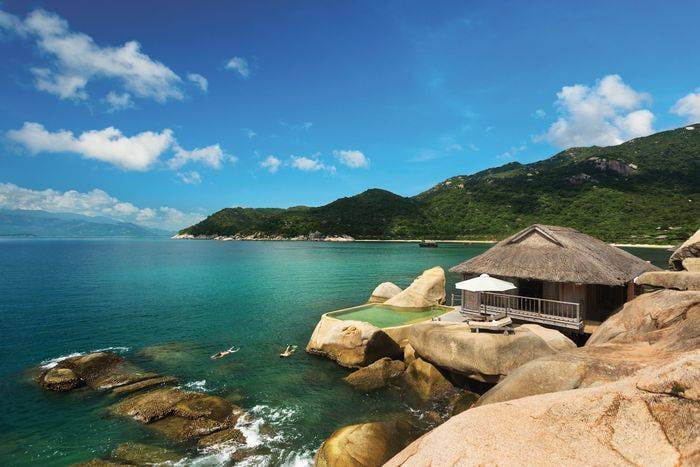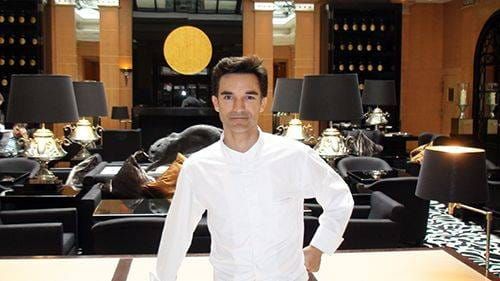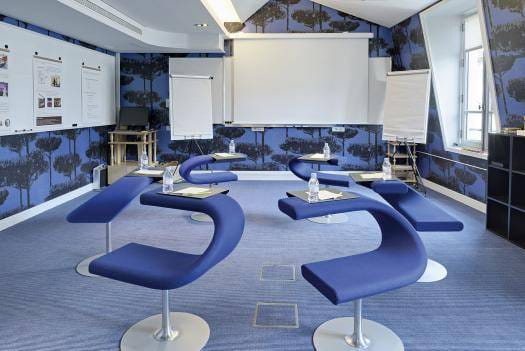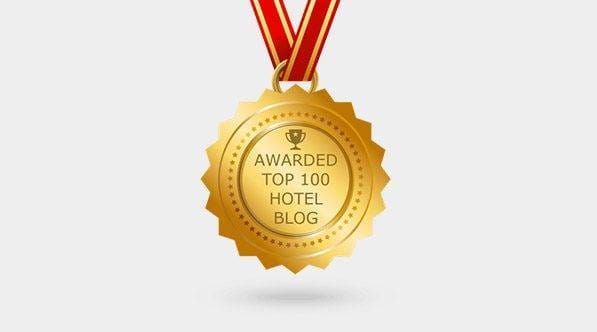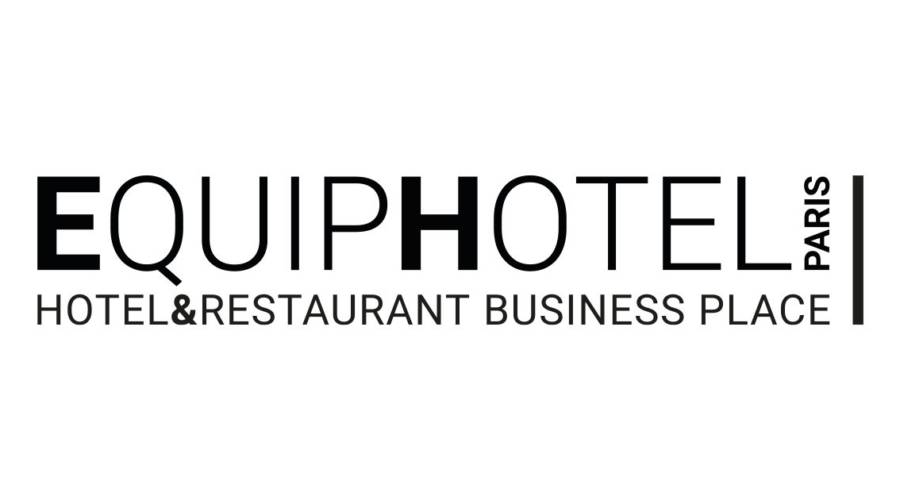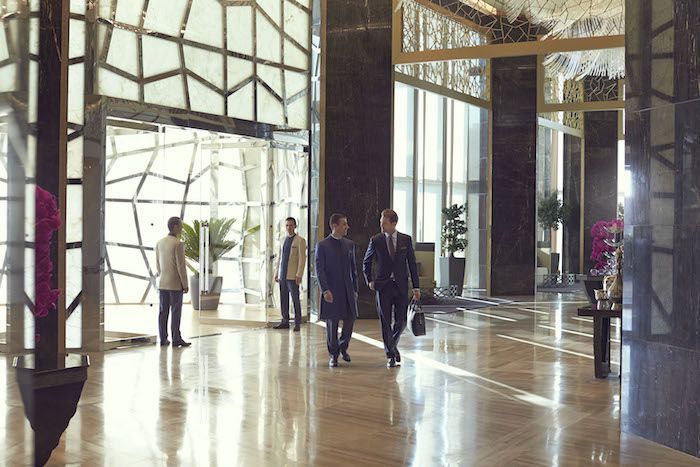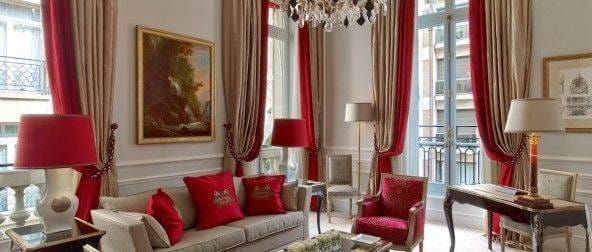Translating the DNA of the Peninsula Brand in Paris
I’ve met Robert Cheng, when he was the international vice president of the Peninsula Hotel Group. Here is a man who knows the universe of luxury, having worked previously at De Beers. I met him at the Peninsula and again at the International Luxury Travel Market (ILTM). We shared a discussion on the Peninsula brand and particularly on his product and service offerings.
What are the key elements of differentiation at the heart of the Peninsula? What is your vision of the art of welcoming at the Peninsula?
Today we have 10 hotels located in the biggest cities around the world. The placement of each of our hotels is very important. We always want to be in the center of town and in the most beautiful parts in the city.
Our hotels have to be part of the city. We like for them to be open to everyone and very welcoming, without ever appearing exclusive. We take it upon ourselves to create a wonderful harmony between history, heritage, and innovation. For example, here in our Paris hotel, we are in a historical building, and we wanted to bring something new to avoid having a stuffy, dusted image. In terms of the rooms, everything is a subtle blend of functionality and design because we don’t want to sacrifice comfort in the name of design.
Our principal element of differentiation lies in our notion of service. It truly embodies the philosophy put in place by our director Michael Kadoorie, whose family first created the Peninsula around 80 years ago. For him, all the staff-members make up a large family, which is why our Human Resources policy is very delicate and reflects itself in the manner in which the personnel engage with the clients.
We want each of our hotels to be different and emanate a different identity unique to the country where we have established ourselves.
A classic room at the Peninsula Paris
You are often presented as an Asian hotel, like the Shangri-la or the Mandarin Oriental. But in reality, you are actually quite different from the other Asian hotels. Would you say you have an Asian style?
We actually don’t have an Asian style. In our hotel in Paris, for instance, we set out to give off a Parisian vibe (décor, cuisine, staff, etc.). We renovated the hotel with some of the top French craftsmen to preserve the French feel and make it even more beautiful than it already was.
We do, however, continue to insert elements that have become iconic to the Peninsula, such as pageboys, the Rolls-Royces, the large lobby, and even the large restaurants located right at the ground floor. This is essentially the philosophy that made its ways from the Peninsula in Hong Kong. When the original hotel opened in 1928, it found itself right next to the train station, and so it suddenly became a meeting point for all the travelers who arrived in Hong Kong. This today constitutes the DNA of the brand.
Are your hotels always located in a historical building?
No, not at all. We can sometimes create new buildings, as we’ve done, for instance, in Shanghai. We have a list of cities where we’d like to establish ourselves, and we look for opportunities in those cities. This is another thing that differentiates us: with each hotel, we either have a partner or we become our own principal property-owner.
We currently have 3 projects in the making, which is already quite a lot for us. For example, we have plans to build a hotel in London. There are several big cities that interest us in Latin America, India, and the rest of Asia. These are always international capitals. In the United States, we already have New York, Beverly Hills, and Chicago. Miami would also be wonderful.
The lobby at the Peninsula Paris
How do you anticipate the demands of the new international clientele? After all, their demands and their habits are highly variable from one culture to another.
I think we have to be ready to be flexible with our philosophy. We rely on a lot of technology for help. For instance, in terms of communication, we have tablets that control the rooms in our hotels. We are the only ones to do this. Within the group, we have a team of about 30 engineers who have been working for the past 30 years on technology for the room so that they can be more functional. This goes all the way from the panel system next to the bed that controls the entire room to the digital radios in our cars. This technology is truly made to make the lives of our clients easier.
For instance, look at the hotel information. This information is available in 11 different languages. Everything has been done to make the lives of our clients easier. We also have a multilingual staff to communicate with our clients in their own language so that we can be more responsive to their desires. We don’t have operational manuals because we want our service to remain sincere. This forces our staff teams to find the best tailor-made solution for the client, all while remaining spontaneous and authentic.
Laurent Delporte, an editor and conference speaker, is a strategic expert in the sector of hotels. A visionary, he brings his unique look on hotels in service to the decision-makers in the industry, whether to enhance the development of new projects or strategic visions.
Laurent has visited and audited over 350 hotels across the world and also participates in mystery visits to provide quality control for the world’s finest hotels.


 HOME
HOME